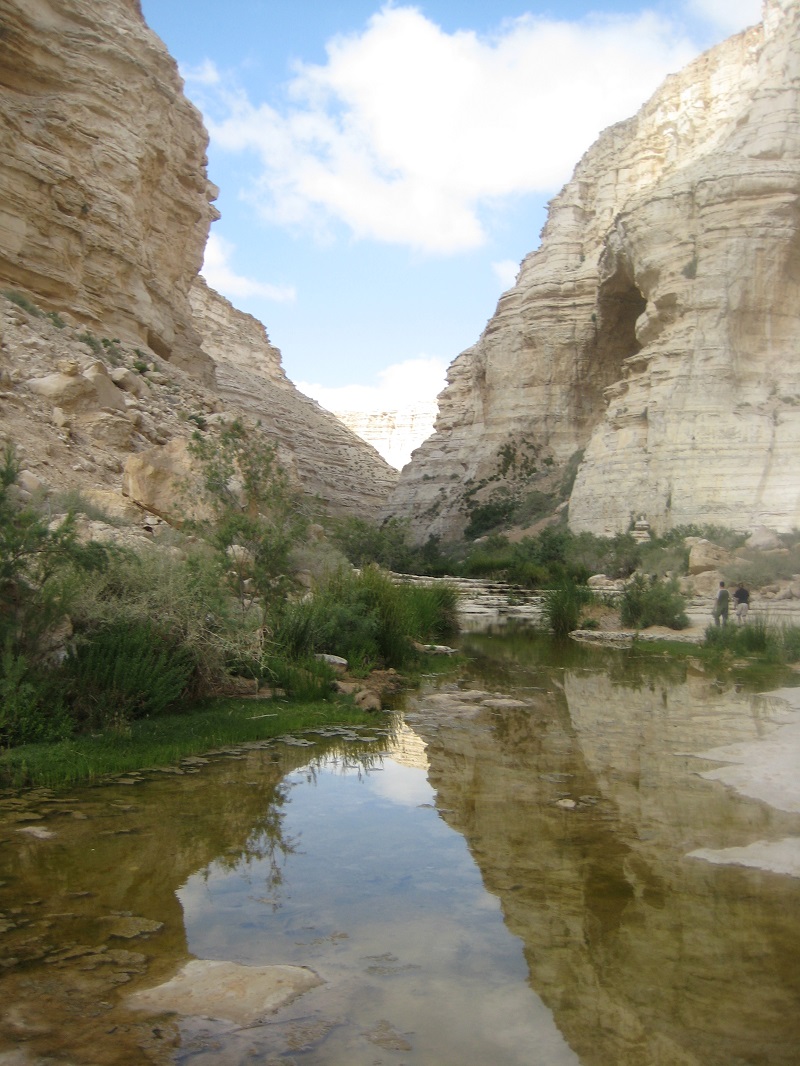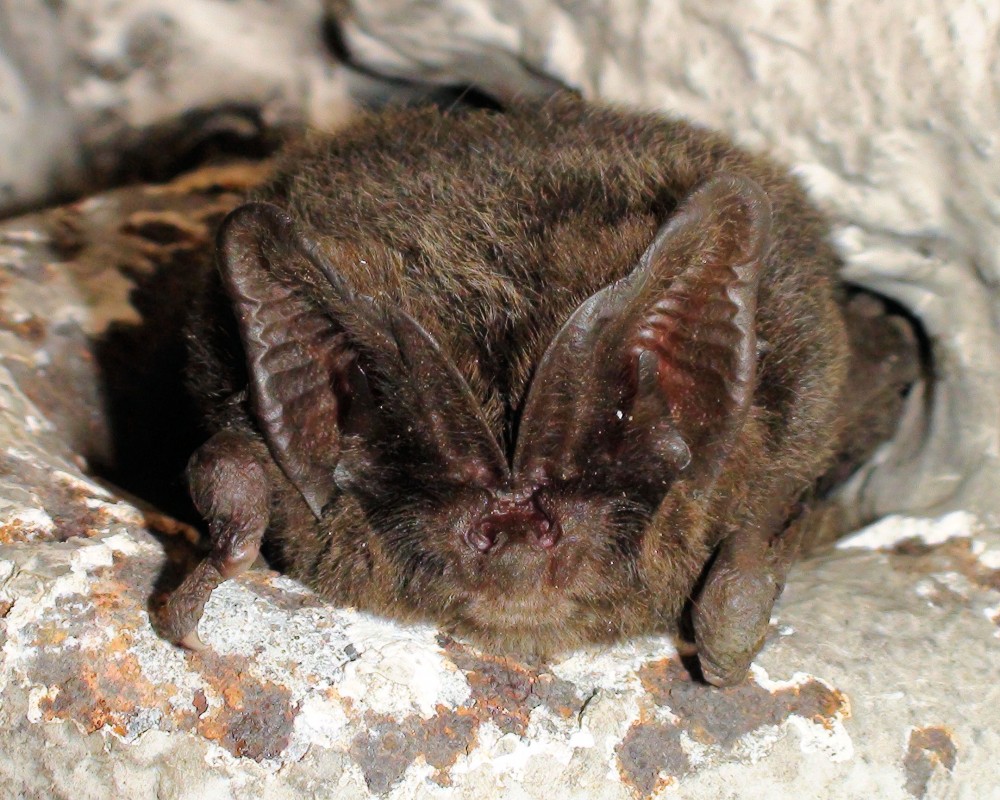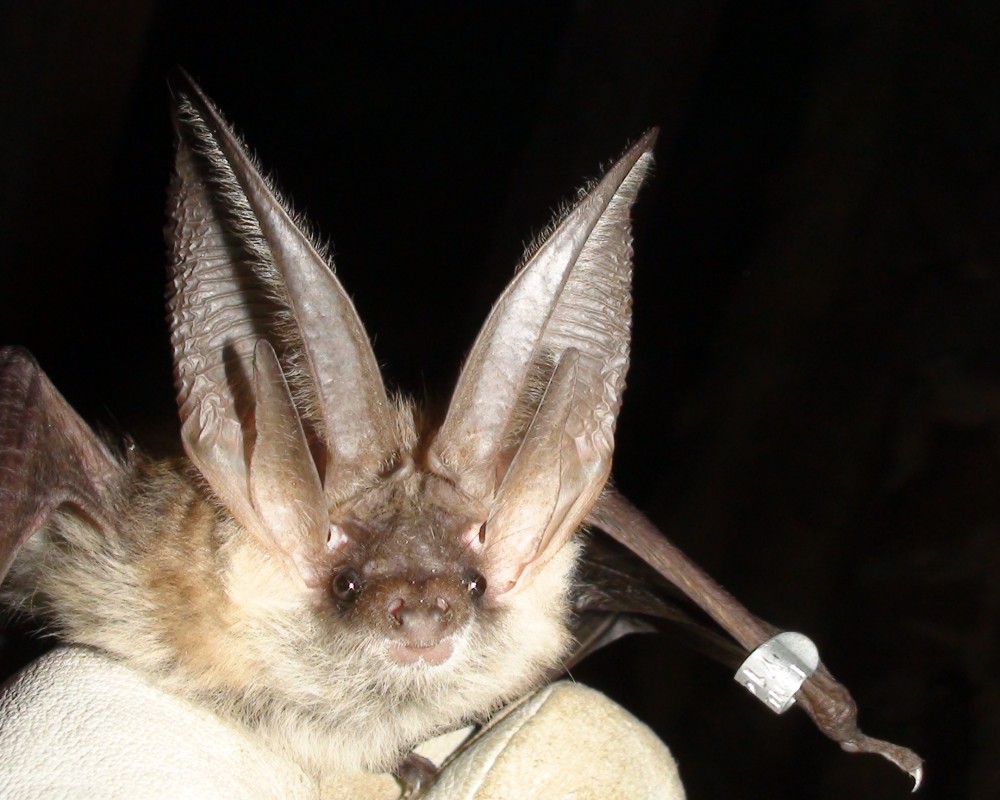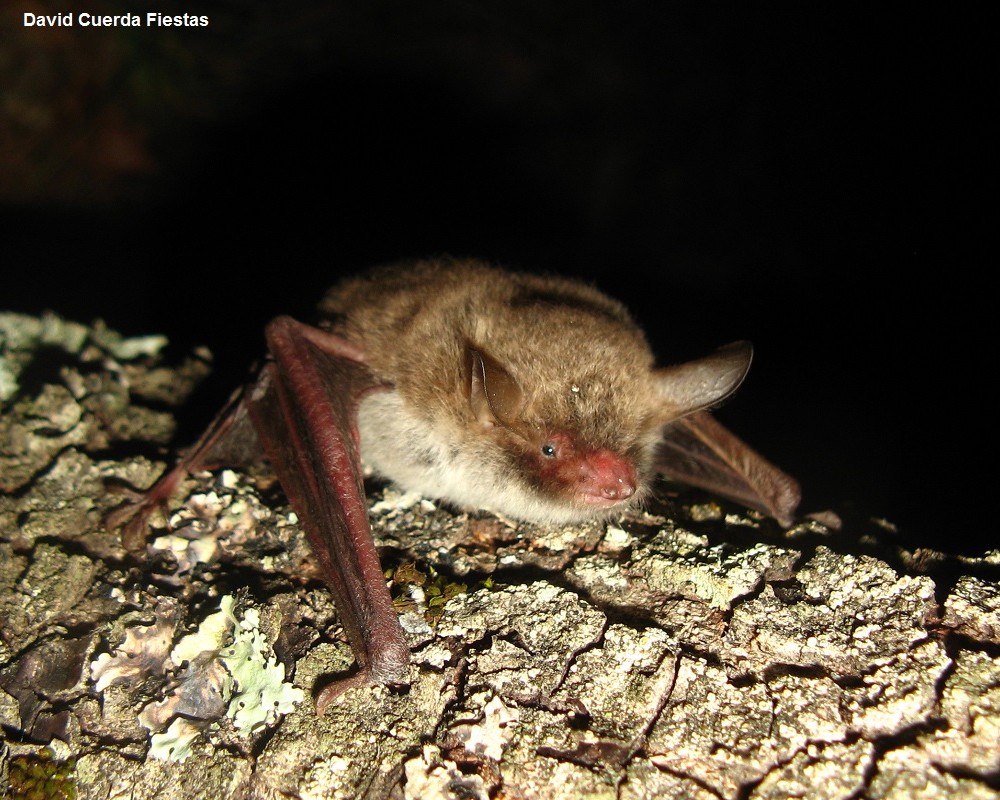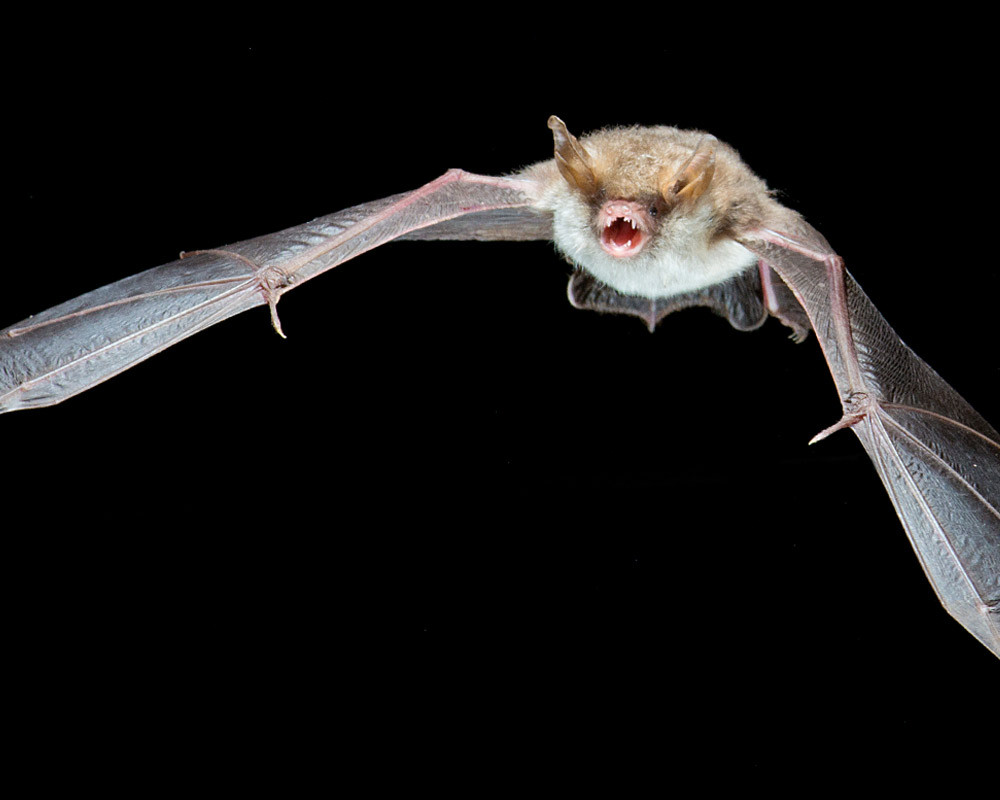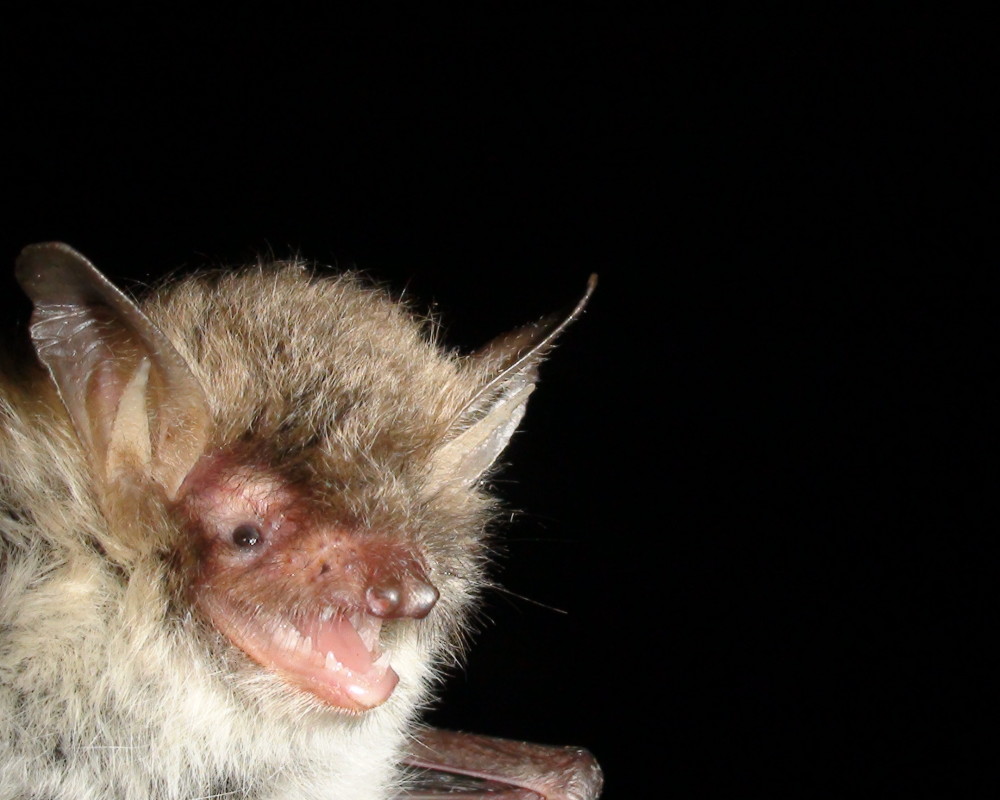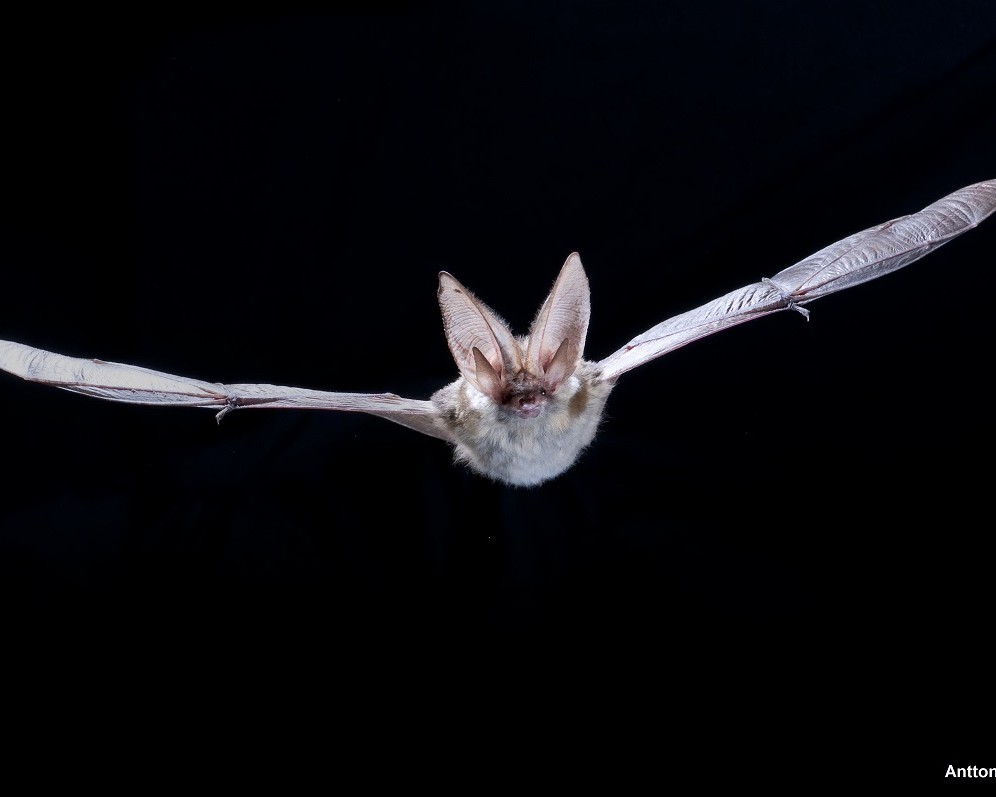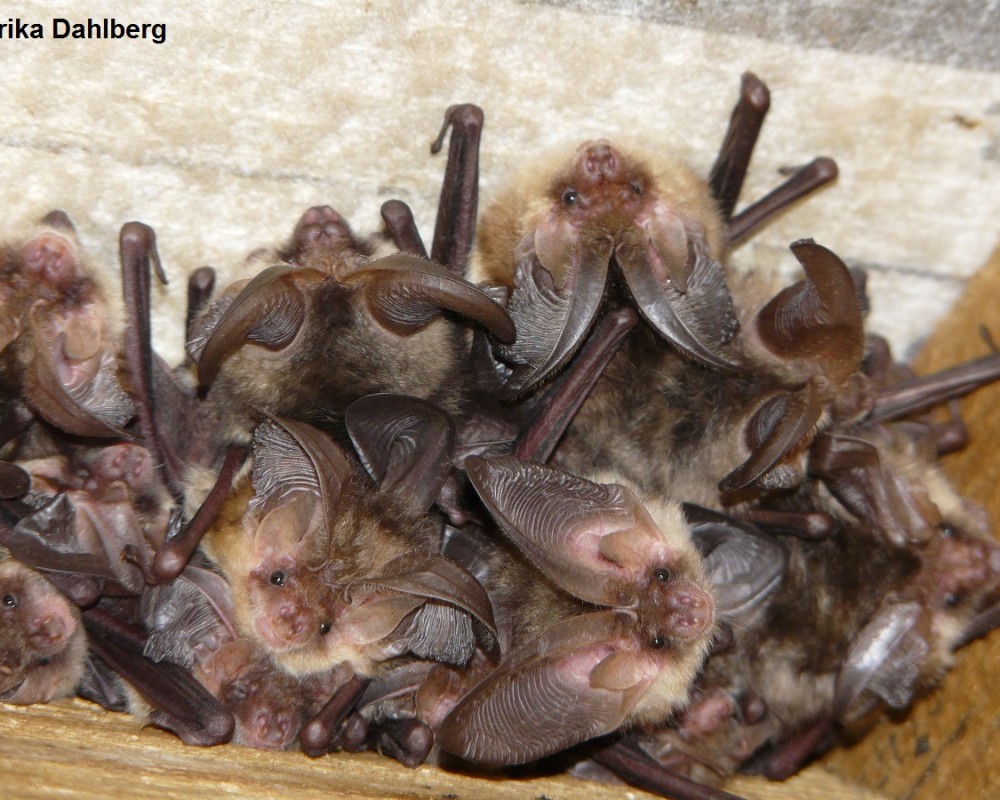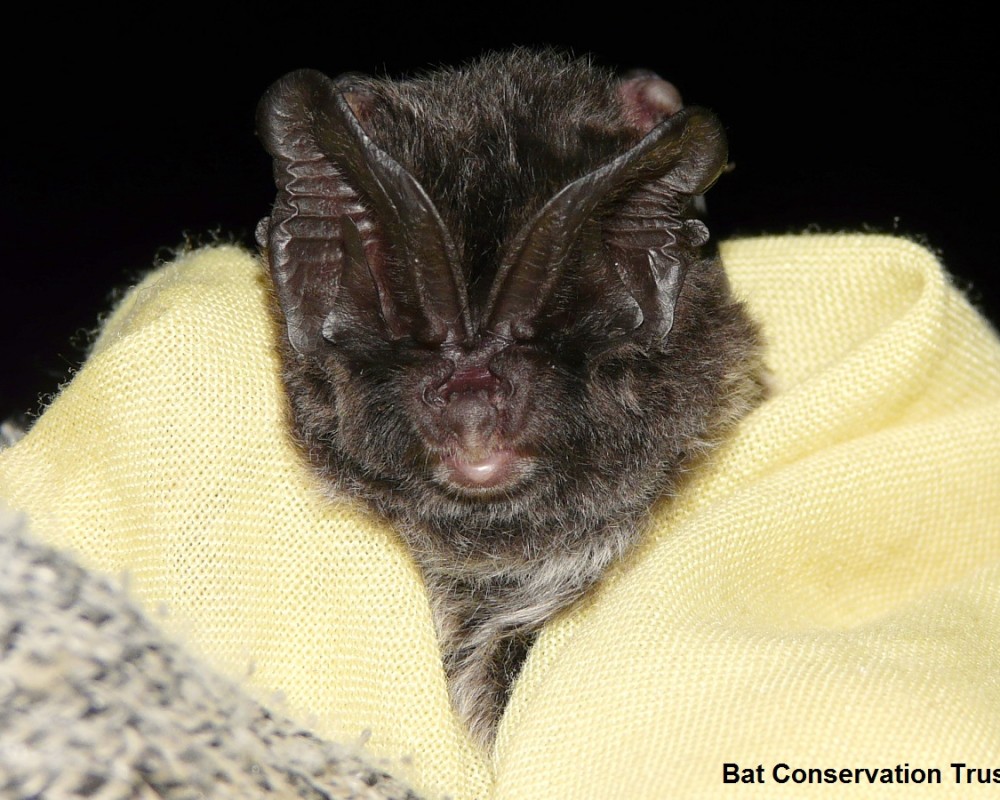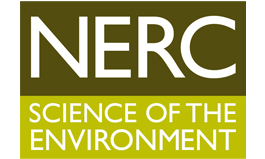PhD Studentship, University of Southampton, Sep 2017
How will greening the desert affect bats and the ecosystem services they provide?
Supervisors:
Dr Orly Razgour (University of Southampton)
Dr Kelvin Peh (University of Southampton)
Prof Carmi Korine (Ben-Gurion University of the Negev)
Project Summary
Understanding how human-mediated land cover changes affect species and the ecosystem services they provide is a major challenge for biodiversity conservation in the Anthropocene. Irrigation and water transportation techniques have enabled the spread of large human settlements and commercial agriculture into arid environments, resulting in the ‘greening’ of the desert. This process has provided alternative foraging habitats, prey and water sources for desert wildlife and increased landscape connectivity. However, it also facilitated colonisation by generalist species not adapted to xeric environments.
Insectivorous bats are major contributors to desert mammalian biodiversity that provide important ecosystems services through the suppression of insect pest populations and transportation of nutrients. This project will test how anthropogenic greening of the desert has affected the movement patterns and microbiota of desert bats and the ecosystem services they provide by comparing populations of desert-obligate versus non-desert origin bats in the deserts of southern Israel.
The PhD candidate will combine molecular and ecological approaches to develop the following objectives:
1. Assess how movement patterns differ between desert and ‘greened’ environments.
2. Determine how anthropogenic changes have affected the bats’ nutritional ecology and whether bats show adaptive responses through their gut microbiota.
3. Quantify the ecosystem services provided by bats in desert versus ‘greened’ environments through studying the diets of the bats to identify agricultural and vegetation pests and disease vectors consumed by the bats.
This multidisciplinary project offers training opportunities in ecological fieldwork techniques, GIS, spatial statistics, molecular ecology, bioinformatics and population genetics data analysis.
Project details:
Application Deadline: 02.01.2017
Interviews will be held at the University of Southampton in February 2017.
Competition funded: NERC SPITFIRE DTP studentship (funded for 3.5 years) – for UK applicants
For more information: http://noc.ac.uk/gsnocs/project/how-will-greening-desert-affect-bats-ecosystem-services-they-provide
To apply: send CV, personal statement, mark transcripts from all degrees, degree certificates and details of 2-3 academic referees (name, university, email) to Orly.Razgour@gmail.com

